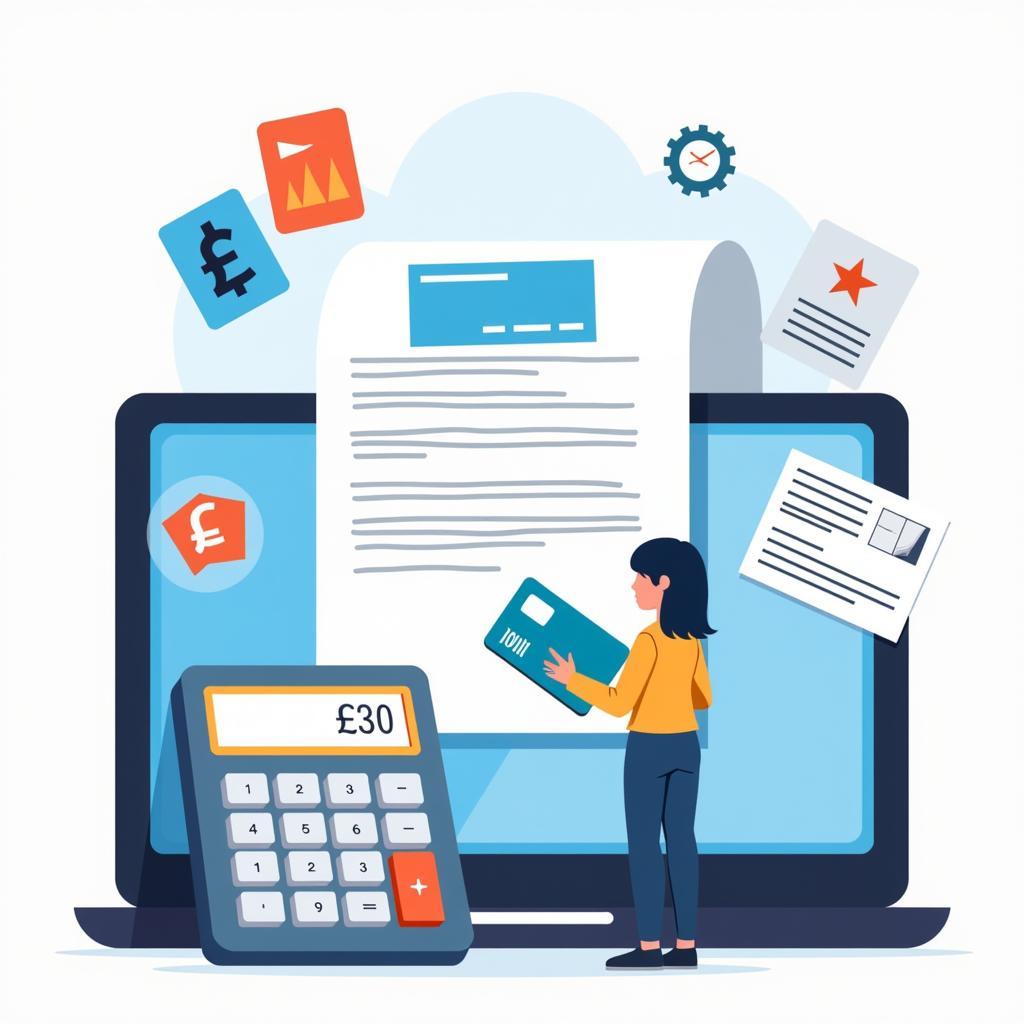Credit card debt management has become an increasingly common topic in IELTS Writing Task 2, appearing in various forms across recent test papers. Based on analysis of past exam questions, this theme frequently emerges in essay prompts about personal finance, economic responsibility, and consumer behavior. Understanding how to manage personal credit scores is crucial for achieving a high band score on these types of questions.

Sample Question Analysis
Some people believe that maintaining low credit card debt is crucial for financial stability, while others think using credit cards freely helps stimulate the economy. Discuss both views and give your opinion.
This question requires candidates to:
- Examine two contrasting viewpoints about credit card usage
- Evaluate the impact on both personal finances and economic growth
- Present and justify their own position
Band 8.5 Sample Essay
Managing credit card debt is intrinsically linked to importance of balancing credit with savings, as demonstrated in this high-scoring response:
The debate over credit card usage and its implications for both individual financial health and economic vitality represents a complex economic issue. While some advocate for minimal credit card debt, others promote liberal credit use as an economic stimulus. This essay will examine both perspectives before presenting my own viewpoint.
Proponents of maintaining low credit card debt argue that financial prudence at the individual level creates long-term stability. When consumers carefully manage their credit obligations, they build stronger credit profiles and maintain greater control over their financial futures. Moreover, minimal debt reduces vulnerability to economic shocks and provides more flexibility for important life decisions such as home ownership or entrepreneurial ventures.
Conversely, those who support unrestricted credit card use contend that consumer spending drives economic growth. They argue that when people utilize credit freely, businesses benefit from increased sales, leading to job creation and economic expansion. Furthermore, the availability of credit allows individuals to make necessary purchases during periods of income fluctuation.
In my opinion, while importance of credit limits in budgeting cannot be overlooked, maintaining low credit card debt is ultimately more beneficial for both individuals and the economy. Responsible credit management creates a more sustainable economic foundation by preventing the accumulation of toxic debt that can trigger financial crises.
Band 6.5 Sample Essay
Understanding how rising interest rates affect creditworthiness is reflected in this mid-band response:
Nowadays, people have different opinions about using credit cards. Some think we should keep credit card debt low, while others believe using credit cards freely is good for the economy. I will discuss both sides of this issue.
People who support keeping credit card debt low say it is important for personal financial health. When someone has less debt, they don’t have to worry about high interest payments. Also, they can save more money for emergencies and future plans. This helps them feel more secure about their finances.
On the other hand, people who support using credit cards more freely think it helps the economy grow. When people spend more money using credit cards, shops and businesses make more sales. This means they can hire more workers and expand their business. Also, credit cards help people buy things they need even when they don’t have cash.
In my opinion, I think it’s better to keep credit card debt low. Although spending helps the economy, too much debt can cause serious problems for individuals and families. It’s important to find a balance between spending and saving.
Key Vocabulary
- financial prudence (n) /faɪˈnænʃəl ˈpruːdəns/ – careful management of money
- economic vitality (n) /ˌekəˈnɒmɪk vaɪˈtælɪti/ – strength and growth of an economy
- intrinsically (adv) /ɪnˈtrɪnsɪkli/ – in an essential or natural way
- entrepreneurial (adj) /ˌɒntrəprəˈnɜːriəl/ – relating to business development
- vulnerability (n) /ˌvʌlnərəˈbɪləti/ – susceptibility to harm
- accumulation (n) /əˌkjuːmjʊˈleɪʃən/ – gradual gathering or increasing
- toxic debt (n) /ˈtɒksɪk det/ – harmful financial obligations
- sustainability (n) /səˌsteɪnəˈbɪləti/ – ability to maintain long-term
Conclusion
Understanding how to write about credit card debt management is essential for IELTS success. Future test takers should practice writing about related topics such as:
- Digital payment systems and financial responsibility
- Consumer spending habits in different economies
- The relationship between personal debt and economic growth
Share your practice essays in the comments section for feedback and improvement suggestions.